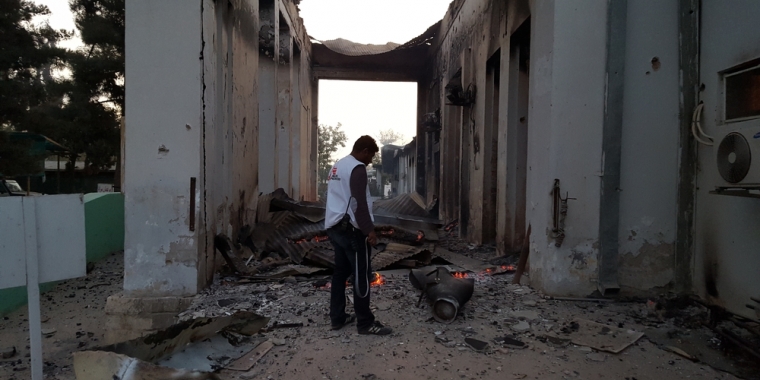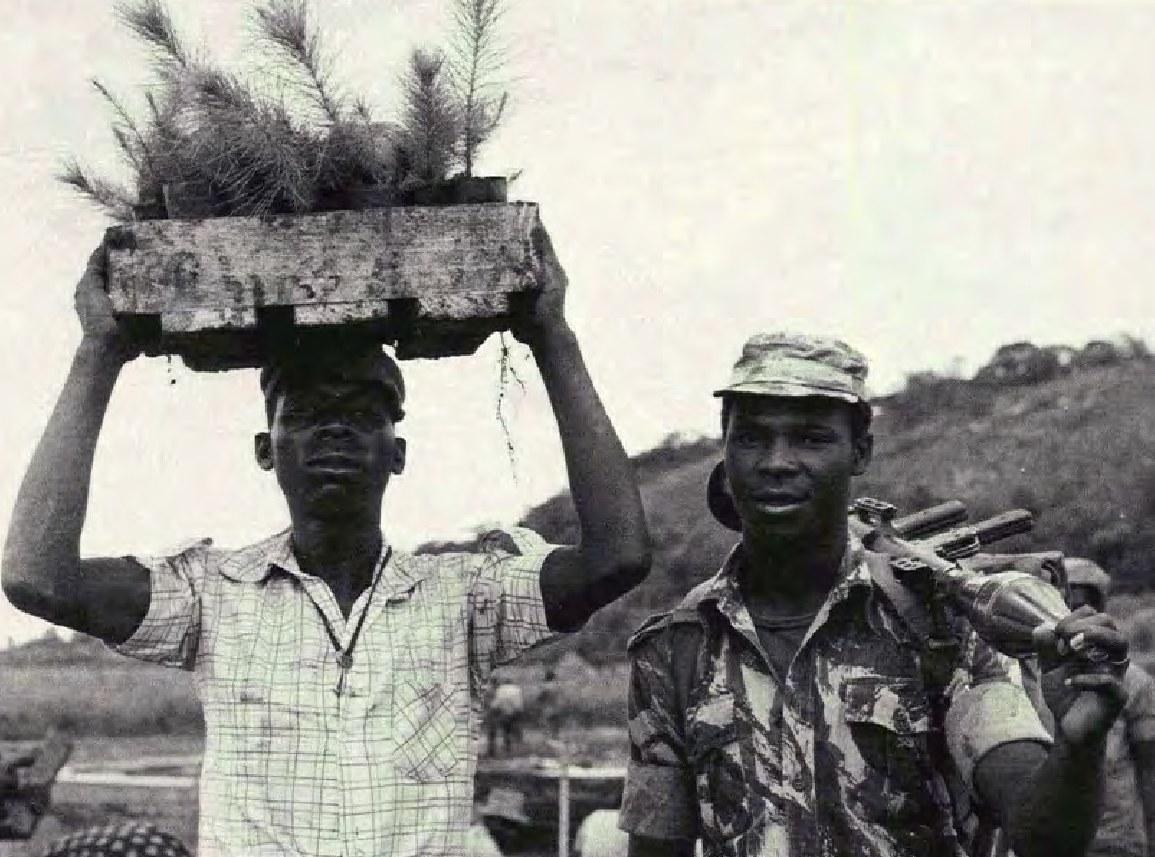By Michael Hammer.
This week a hospital in Kunduz, Afghanistan, run by the international medical aid organisation Médecins Sans Frontières (MSF), was bombed by US air forces. Dozens of people died or were wounded, patients and international and national staff of MSF alike. No explanations about an alleged presence of opposing fighters in the compound can justify the act which needs to be independently investigated. The result of the disregard of rules of protection of humanitarian operations in armed conflict is not only the toll the event took. MSF also decided to withdraw from Kunduz, and with that decision remove a significant part of any care capacity for people in need of medical attention in the city and beyond.
It is not the first time that aid workers and operations are targeted in conflict. Far too many of those who put their lives at risk to provide support to people at the receiving end of armed conflict and its extended impacts have died in result of direct attacks. Like in the most recent high profile case, aid agencies had no other choice than to withdraw, leaving many behind in need of immediate support.
But it is not only the immediate support that goes. What also happens is the interruption of solidarity and lines of interaction and communication that are important to keep alive local efforts and motivations to work for transforming conflict.
 The attack in Kunduz highlights again the relevance of long term commitments to support processes of change in societies, and to recognise the importance of protecting those who work with and support individuals affected by conflict.
The attack in Kunduz highlights again the relevance of long term commitments to support processes of change in societies, and to recognise the importance of protecting those who work with and support individuals affected by conflict.
Those of us who took an interest in the struggles in southern Africa leading to the inauguration of the new South Africa in 1994, will recall the difficulties of maintaining the visibility of ‘apartheid’ on the international agenda. Some governments of the time just didn’t want to know. We will also recall the challenges involved in mobilising support for people caught in the wider net of the conflict in the sub-region. Critically this was about not treating them as victims, but as agents of change.
The seminal evaluation of the Mozambique Nordic Agricultural Programme (MONAP), running from 1977 to 1990, aptly had the title of ‘Aid under Fire’. It highlighted the importance of the long term international solidarity dimension of the programme to create and strengthen the ability of the country to establish some form of normality of operating as it emerged from conflict. The programme’s story was one of persistence of support in the face of many challenges Mozambique, the sub-region and its people faced: from insecurity to weak institutions and significant inefficiencies in the programme itself. Taking the long view the evaluation however showed MONAP to have been a valid and significant contribution to change and improvement of people’s lives.
 Mozambique and Afghanistan are very different places, they were then, they are now. They share that at key periods in their emergence from conflict, long term support and affording protection of those who put their lives on the line is critical for success in the long run. Success means support for people at a point of need, building the capacity for this to be done locally and sustainably, and contributing to people gaining control over their individual lives and become active participants in the shaping of the common future of their societies.
Mozambique and Afghanistan are very different places, they were then, they are now. They share that at key periods in their emergence from conflict, long term support and affording protection of those who put their lives on the line is critical for success in the long run. Success means support for people at a point of need, building the capacity for this to be done locally and sustainably, and contributing to people gaining control over their individual lives and become active participants in the shaping of the common future of their societies.
There were few donors around in the 70s and 80s who understood the catalytic effect for political transition of really long term programmes of support that worked on ‘normality’ as a key element. There seem to be even fewer around now. Afghanistan’s current situation seems not only blighted by the inability of parties to the conflict to protect those who support people in immediate need, but also to understand the benefits of offering and ensuring real long term perspectives for non-military strategies.
Images credit: © Médecins Sans Frontières (MSF), 2015. http://www.msf.org.uk/article/afghanistan-bombing-even-war-has-rules
© SIDA, 1991. Aid Under Fire evaluation.